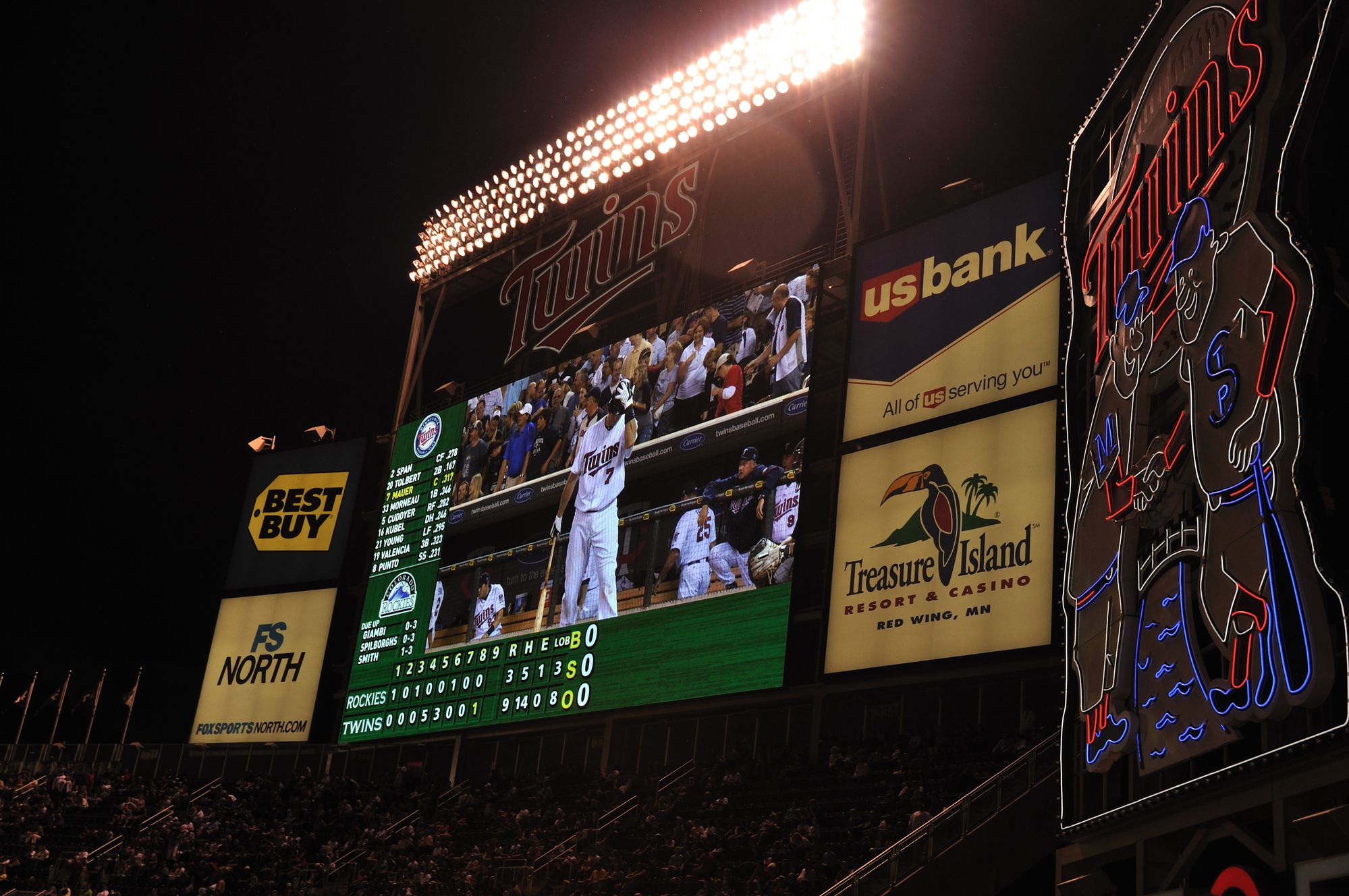Baseball’s 162-game marathon tests more than just athletic ability—it challenges sleep cycles, recovery systems, and mental resilience. From cross-country flights to relentless day-night turnarounds, Major League Baseball players face one of the most demanding schedules in professional sports. In recent years, some athletes have turned toward cannabinoids—compounds found in the cannabis plant—as part of their wellness strategies to manage stress, improve recovery, and sustain focus through the grind.
The Strain of the Schedule
Unlike the NFL’s weekly rhythm or the NBA’s rest rotations, MLB’s schedule leaves little room for true recovery. Players routinely endure disrupted circadian rhythms, muscle soreness from repetitive motion, and stress from constant travel. According to the Journal of Clinical Sleep Medicine, even mild sleep deprivation can reduce reaction time and coordination—key metrics in a game defined by split-second decisions.
Traditionally, sleep aids and anti-inflammatories were the go-to solutions, but concerns about side effects and dependency have led many athletes to explore natural alternatives. Cannabinoids like CBD (cannabidiol) and CBN (cannabinol) have entered that conversation as non-intoxicating compounds that may support rest and recovery without impairing performance.
Sleep Recovery and Circadian Balance
Studies published in Frontiers in Pharmacology suggest CBD may interact with the endocannabinoid system to stabilize sleep patterns by reducing anxiety and promoting relaxation. For MLB players, whose bodies are often running on adrenaline after night games, this can be pivotal. Products like CBD sleep tinctures, gummies infused with melatonin and minor cannabinoids, and topical recovery balms have become part of modern athlete wellness kits.
Sleep quality isn’t just about rest—it’s directly tied to muscle recovery and immune health. Research from the National Institutes of Health indicates that deep sleep supports growth hormone release, critical for muscle repair after long series or doubleheaders. By improving the ability to enter restorative sleep cycles, cannabinoids may indirectly enhance both performance consistency and resilience over the course of the season.
Reducing Stress and Muscle Inflammation
Beyond rest, cannabinoids have shown promise in managing inflammation—a constant battle for pitchers and position players alike. Cannabinoid receptors (CB1 and CB2) located in muscles and immune cells help regulate inflammatory responses. In studies cited by The American Journal of Sports Medicine, CBD reduced markers of inflammation and oxidative stress, providing potential relief for repetitive strain injuries and joint soreness.
Mentally, cannabinoids may also serve as tools for emotional balance. Long road trips, media scrutiny, and performance pressure all elevate cortisol, the body’s stress hormone. CBD’s potential anxiolytic effects could help athletes maintain focus and composure during slumps or high-stakes moments, supporting mental recovery alongside physical repair.
The Future of Cannabis-Based Athlete Care
While Major League Baseball has relaxed penalties for cannabis use since 2020, education and regulation remain key. Teams are beginning to explore cannabinoid-based wellness as part of broader recovery programs that integrate nutrition, sleep science, and sports psychology.
In the era of data-driven performance, cannabis-based recovery may become another measurable variable—one that helps players endure the 162-game season with fewer aches, steadier minds, and more sustainable routines.
Disclaimer: This article is for informational purposes only. Athletes should consult with medical professionals before using cannabinoid-based products for recovery or wellness.

